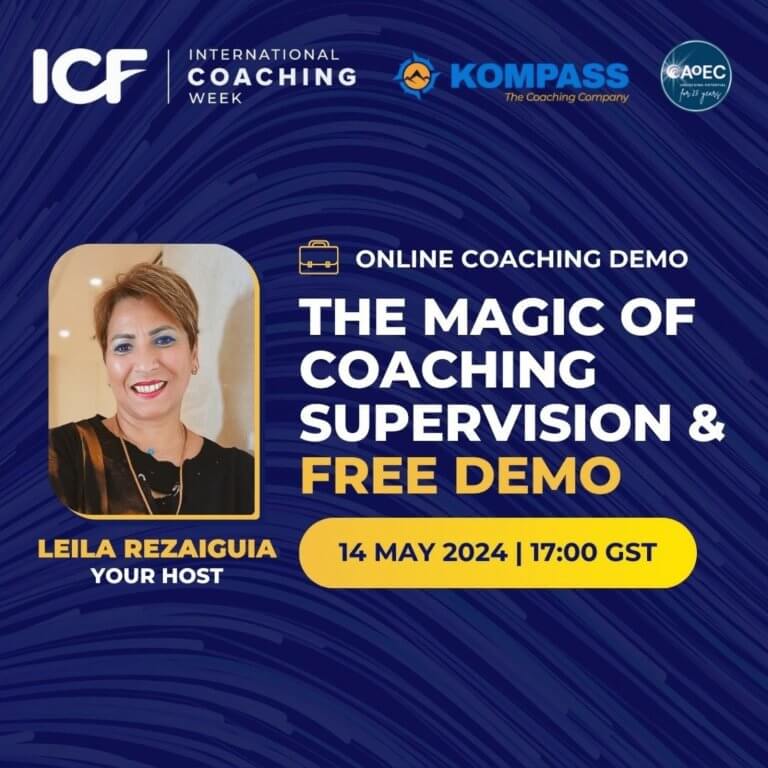What is personal branding
Whether you know it or not, you already have a personal brand. It’s the reputation that you have amongst your friends, family and peers, and it’s also the way that others perceive you based on your online presence. Your personal brand is the unique combination of skills and experiences that make you, you, and what differentiates you from other professionals in your field. Whether you are a job seeker, a mid-level executive, an entrepreneur or the CEO of a billion-dollar company, you have a personal brand that needs to be managed.
A good way of determining what your personal brand in the workplace is, is to ask your colleagues, former colleagues and manager what they think you are known for. Perhaps you are known for showing excellent leadership skills, being a team player or demonstrating strong organizational abilities. To understand what your online brand is, try Googling yourself. The results will give you a quick sense of what your personal brand is to those who are searching your name. Everything you have posted publicly will also give others an idea of your values and interests.
5 steps to building your personal brand
-
What do you want to be known for?Defining your brand requires careful thought and consideration. A trend I have noticed amongst the employed is that many of them have simply fallen into their careers; they may have taken a job opportunity and simply followed the designated path without giving much thought to their personal career objectives or areas of passion. They might work for 10 years and then wonder “how did I get here?” This is why you must be very intentional about what you want to be known for, and where you go in your career. A good exercise is to imagine that you are at a dinner party and you’re being introduced to a room full of strangers. How do you want the host to introduce you to the group? Maybe you want to be known for being a great photographer, or for your ability to connect with people. In my case, I want to be known as someone who spreads positivity and happiness wherever I go. I also want to be known as someone who adds value to those I coach and shares insights with those in my network through science to support them in their lives.
-
What makes you unique?Think about your natural talents, skills and areas of passion. Natural talents are things that come easily to you. What is naturally part of you that you don’t need to think about? Ask your friends, partner or parents as they will have a good idea of what you’re naturally very good at, whether it’s communicating, problem-solving or picking up a new language. Skills are things you have learned along the way. Think of it this way: If you were dropped in the middle of nowhere and needed to make some money, what skills can you use to earn a living? This could be project management, budgeting or playing an instrument. Passions are the things that interest you. Where do you lose track of time? When you walk into a bookstore, what section do you gravitate towards? What do you choose to do with a spare few hours on a Saturday? This could be reading professional development books, cooking a meal for your friends, or studying Martial Arts.
-
What is your personal statement?Once you’ve decided on your natural talents, skills and passions, draft a personal statement that is unique to you. A good format to use is: “I use my natural talent of _____ and my _____ skills to have an impact in the _____ industry”. In my case, I could say: “I use my natural talent of problem solving and my performance coaching skills to have an impact in the professional development industry.”
-
What opportunities excite you?Think back to your vision and think about the greatest opportunities you could undertake that will help you get to your vision. This could be what you need to learn along the way, and which opportunities you should be looking for. If you want to be known as the person in the office who can project manage like nobody else, then you could volunteer to help a team who is behind on a deadline, or offer to write a blog post for the company website with tips for managing a project effectively. You could speak to HR about delivering project management training at the next company meeting, or regularly share new technology that could make project management more efficient for your team. Perhaps you want to be considered for panel talks at industry events further down the line, so think about what kind of opportunities would make you a desirable panelist.
-
How do you communicate your personal brand?Now you have a vision of where you want to be, your unique selling points, and a list of opportunities that excite you, you can begin communicating your personal brand. Update your Linkedin page and your resume with your personal statement. When you think about how your personal brand can be managed, think about who you are connected with on LinkedIn, who you follow, what status updates you put into the world, and what kind of stuff you share, like and comment on. Remember that your actions, and verbal and non-verbal communication will all play a role in how you are perceived, so be mindful of how your behaviour could positively or negatively impact your personal brand.
I hope you’ve found this helpful! I would love to hear your thoughts. Drop a comment below and let me know what your personal statement is!
Gaj







